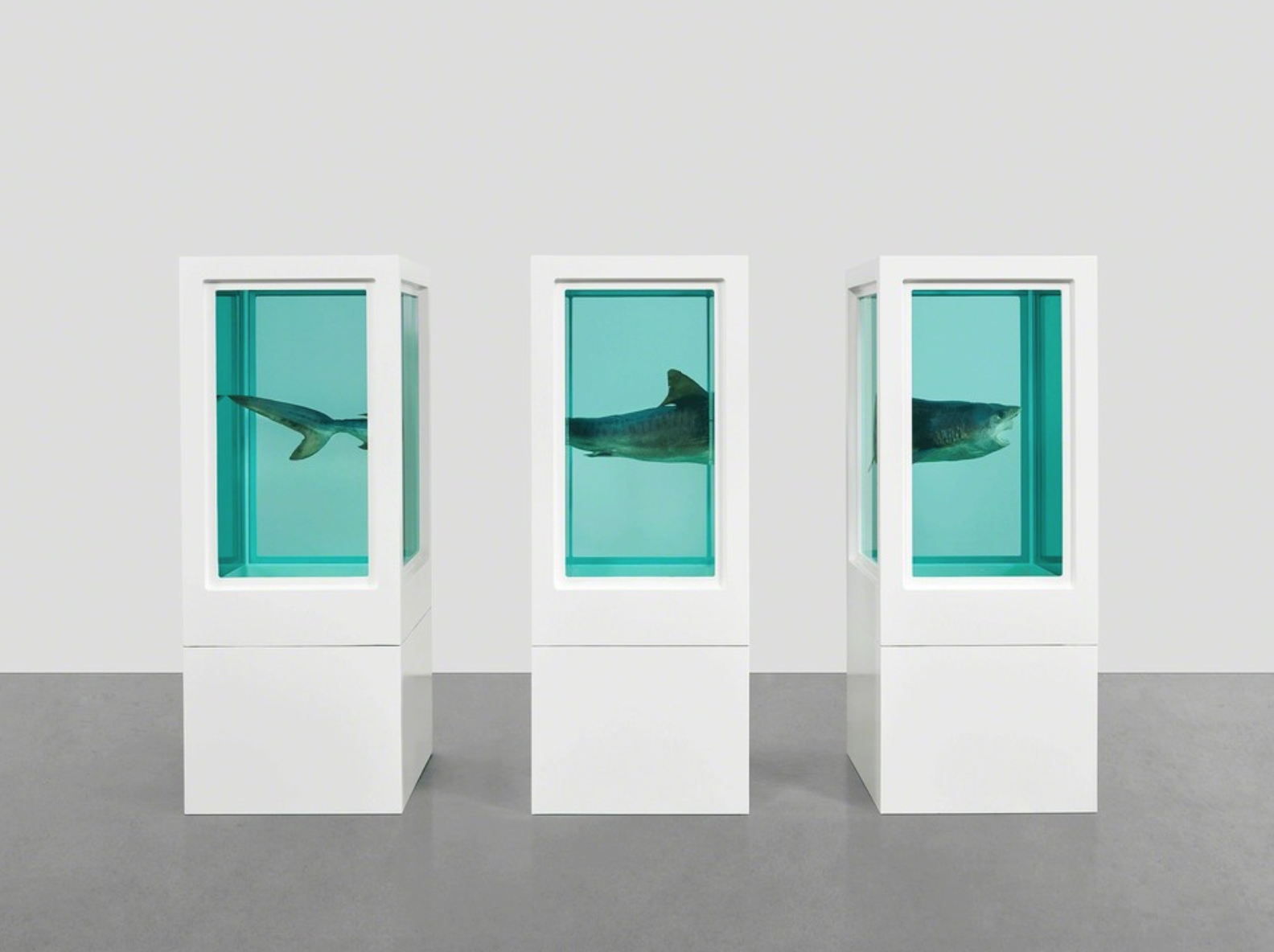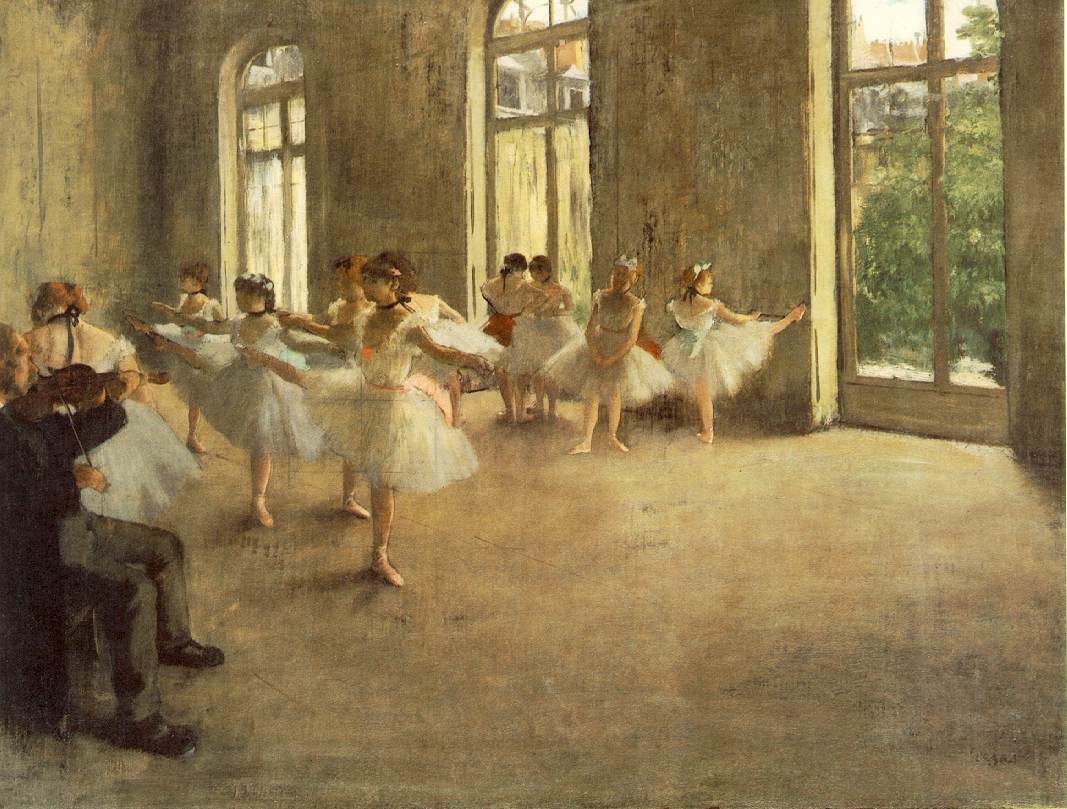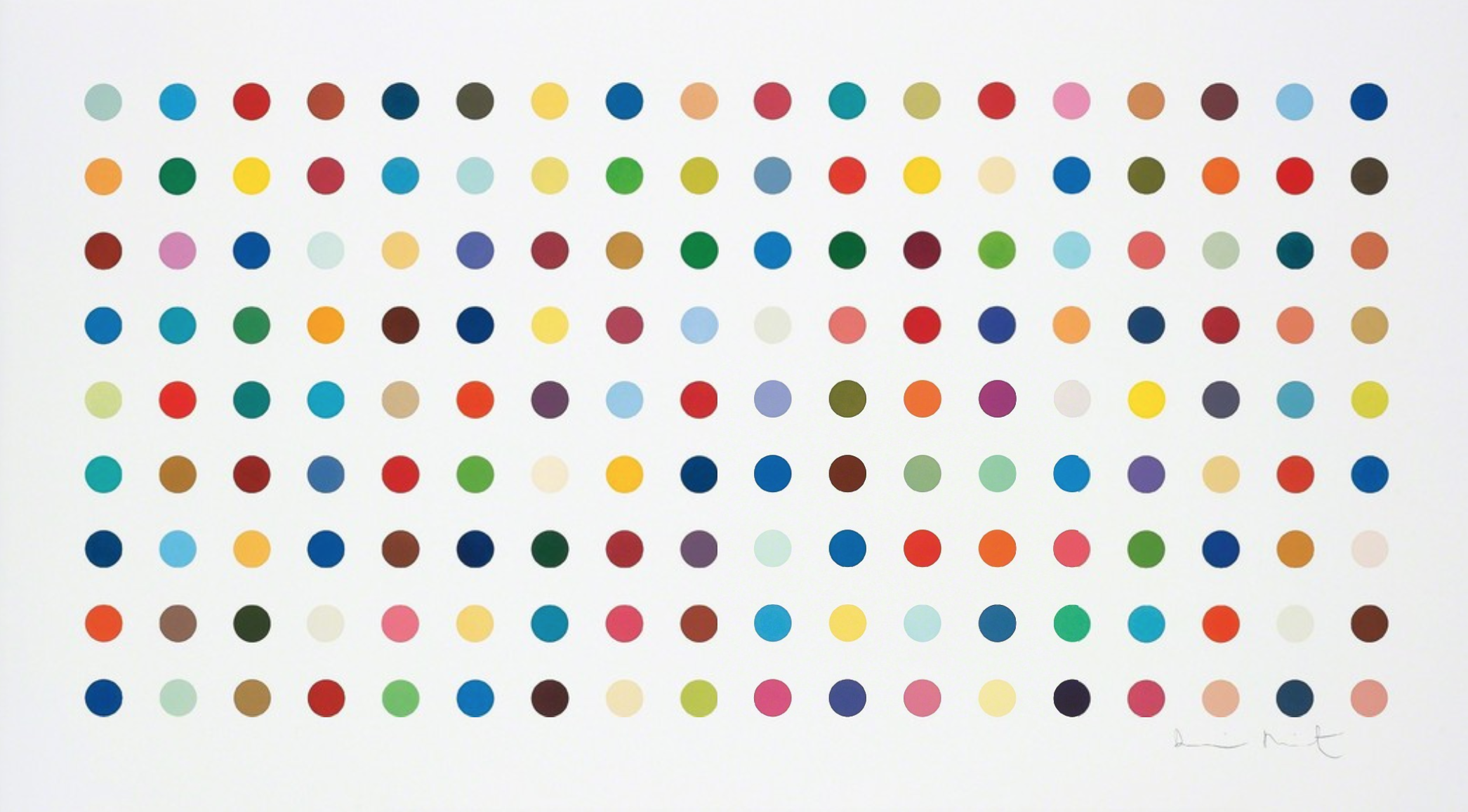Plato's Epistemology and Learning from Beauty
Why do we enjoy beauty? And what makes beautiful qualities beautiful? When I look at the painting above- Monet’s Soleil Levant- I justify that the beauty here is in the stark contrast of color and the gentleness of the brush strokes. His impression of the sunrise feels honest, and I can empathize with it.
However, my explanation does not quite answer why the painting is beautiful. My answer is subjective- I am only saying that the painting is beautiful because of the things I find beautiful about it. Contrast, color, gentleness and honesty- those are the things that I see in the painting, and those are the true subjects of my admiration.
And it is there that Plato’s question begins: what makes qualities that we find beautiful, beautiful?

His epistemological theory (theory of knowledge) of anamnesis is this: when we are born, our souls carry all knowledge. But when our soul is placed into our bodies, we lose that knowledge. In Meno, he suggests that the soul is immortal and repeatedly incarnated, but the trauma of birth causes us to forget the things that we’ve always known. Without that trauma, we would carry all the knowledge from our past lives.
In his Theory of Forms, Plato suggests that there are ideas that exist independently of those who have those ideas. Forms are immutable truths that are the objective essence of what we refer to subjectively. Think of “Forms” as short hand for “true form”- they represent the aspects of something that make it what it is (what makes all cats, cats?). In the example of Beauty (with a capital B as one of the Forms), the best way that I can perceive of it is as the shared quality of all art that draws any observer to them.
In Phaedo, or On The Soul, he combines this idea of Forms with his idea of anamnesis, and states that one way of learning after birth is to study the Forms. By studying these objective truths, we can regain the knowledge that we’ve always known- and have forgotten.
Under this theory, the things that I saw in Monet’s painting- contrast, color, gentleness, and honesty- are all values that enrich my life in some way.

While I appreciate this contemplation on the soul and objective truths, I am more interested in the ways that I can apply this concept to my life. I imagine that Plato drew these grand ideas from simple concepts that he encountered in day-to-day life. When I think about the way Plato describes the soul- the knowledge it carries, and its reincarnation from past lives- it appears to closely resemble human instinct.
Instincts are inborn behaviors that we perform without learning, and are likely genetic. Some of our reactions- such as those to pain and pleasure- are instinctual, and represent a long lineage of familiar reaction to the same stimulus. Although a lot of appreciation is learned, I believe my visceral reactions toward beautiful things come from my instinct- a part of myself that I have not entirely rationalized or understood.
Over the course of centuries, some aspects of the world have always remained rewarding to those who pursue them. And their feelings are the same as what I feel when I look at these paintings. Honesty is rewarding because it improves communication. Contrast teaches us the value of differences. The value of gentleness is in humility and courtesy.
I imagine my parents, my grandparents, and all my ancestors, standing in a line that stretches into the horizon. They pass on a whispered secret, from one parent to the next, waiting for me to understand their wisdom.
Here, in the present, I write as I try to understand the Form of Beauty. Maybe by following my feelings toward beautiful things, I can begin to learn more about myself, my world, and my place within it.
